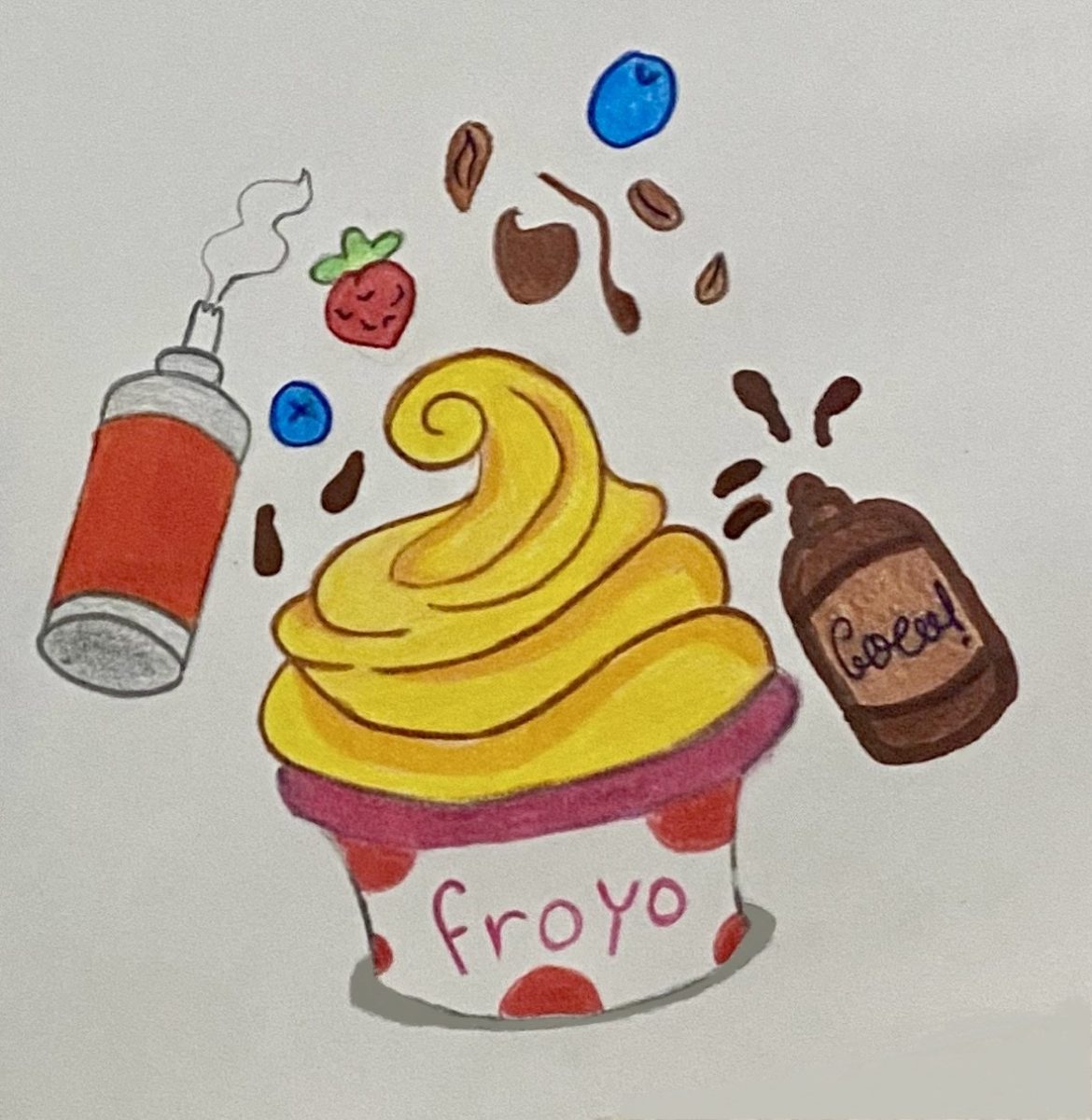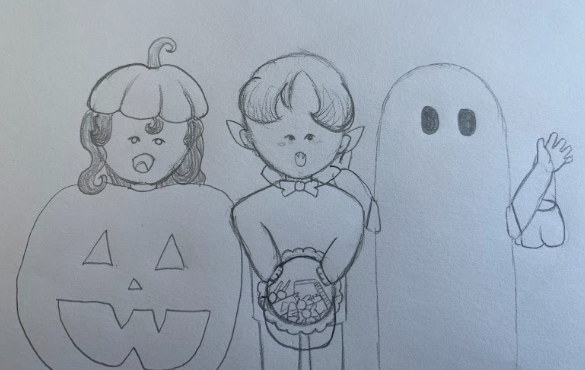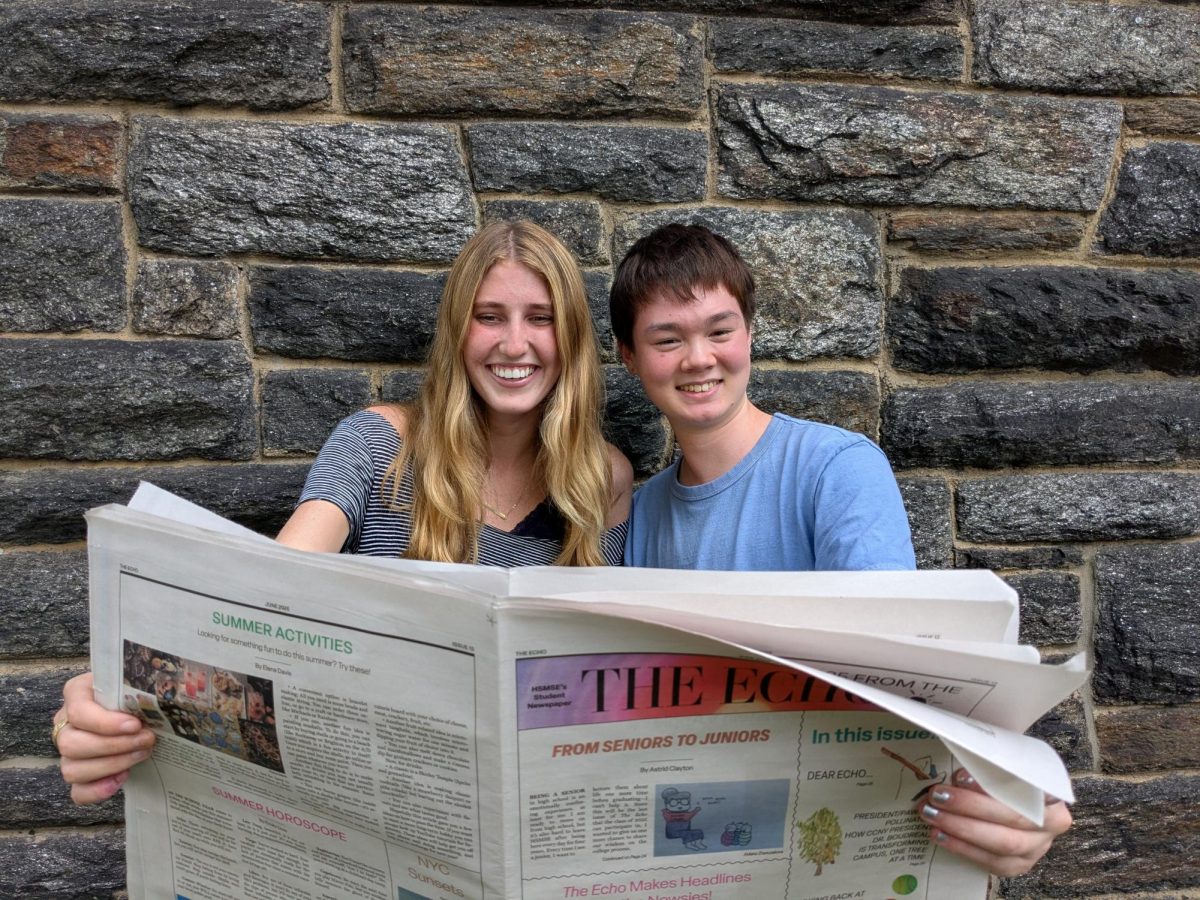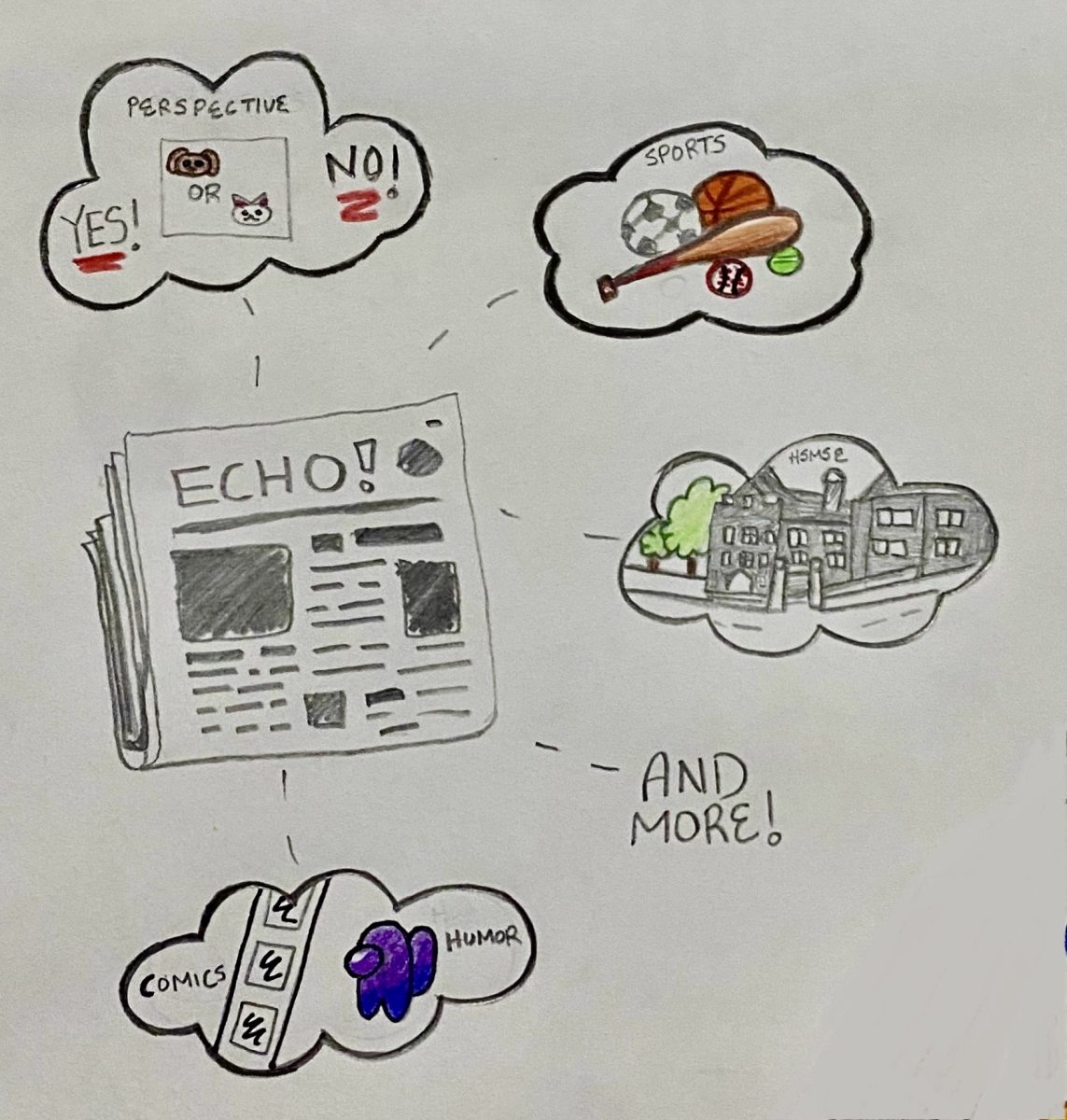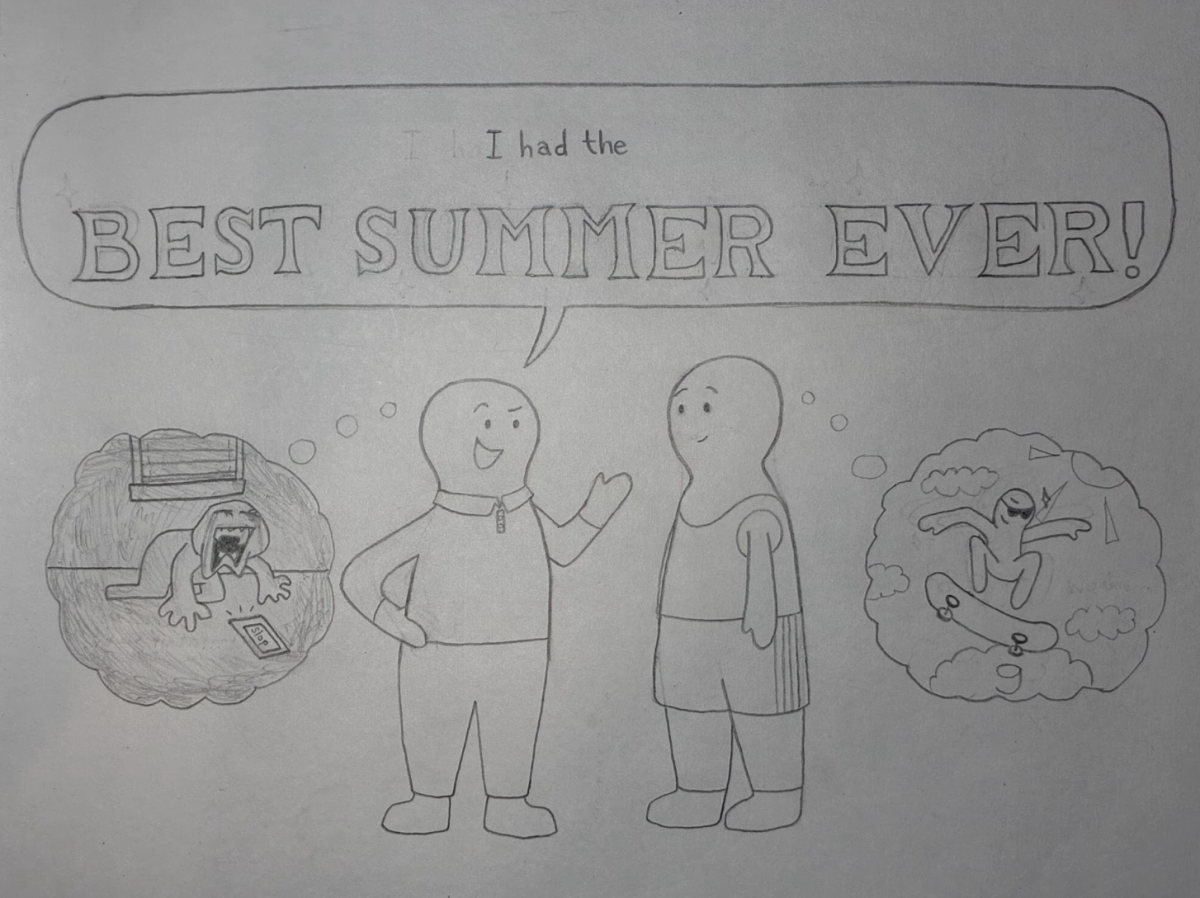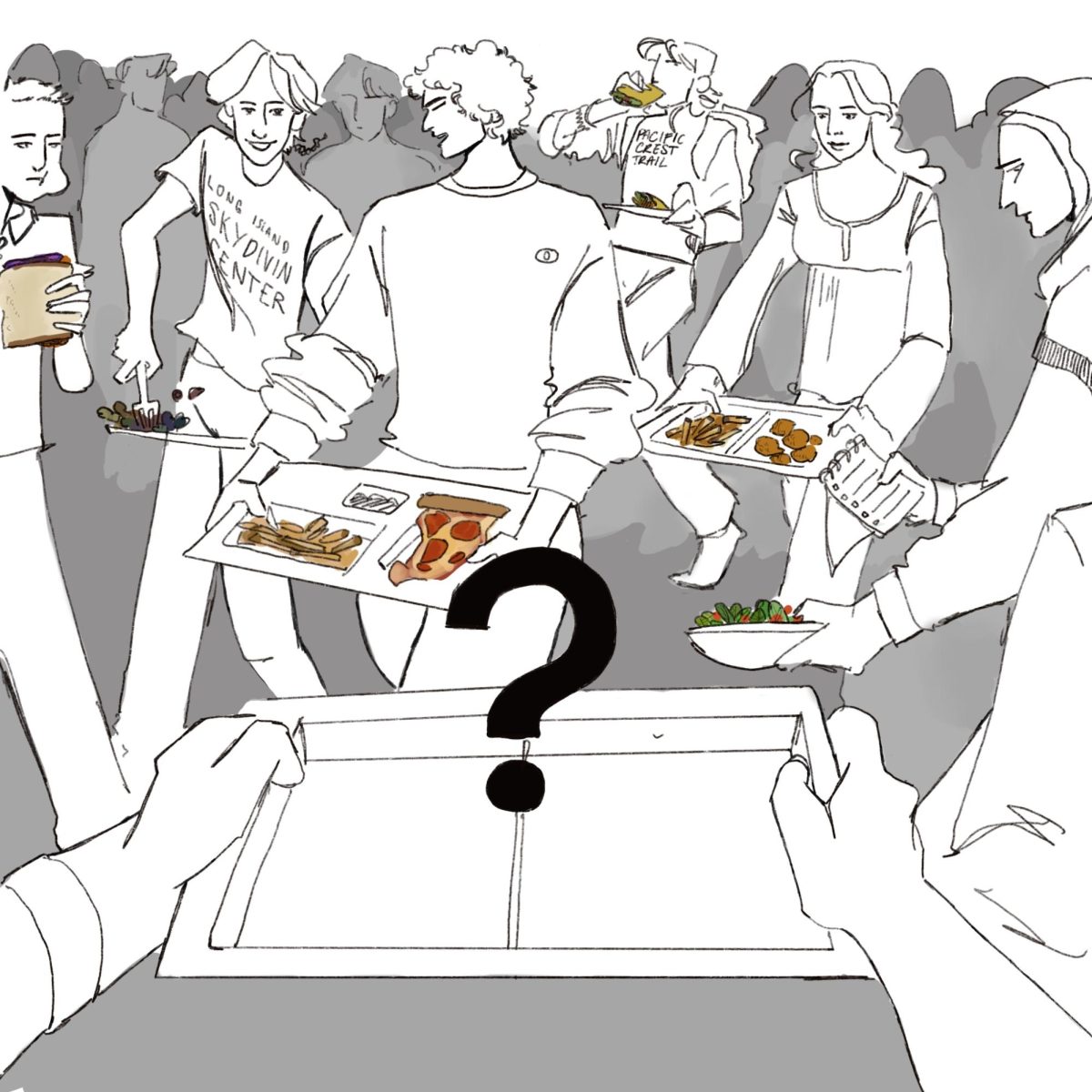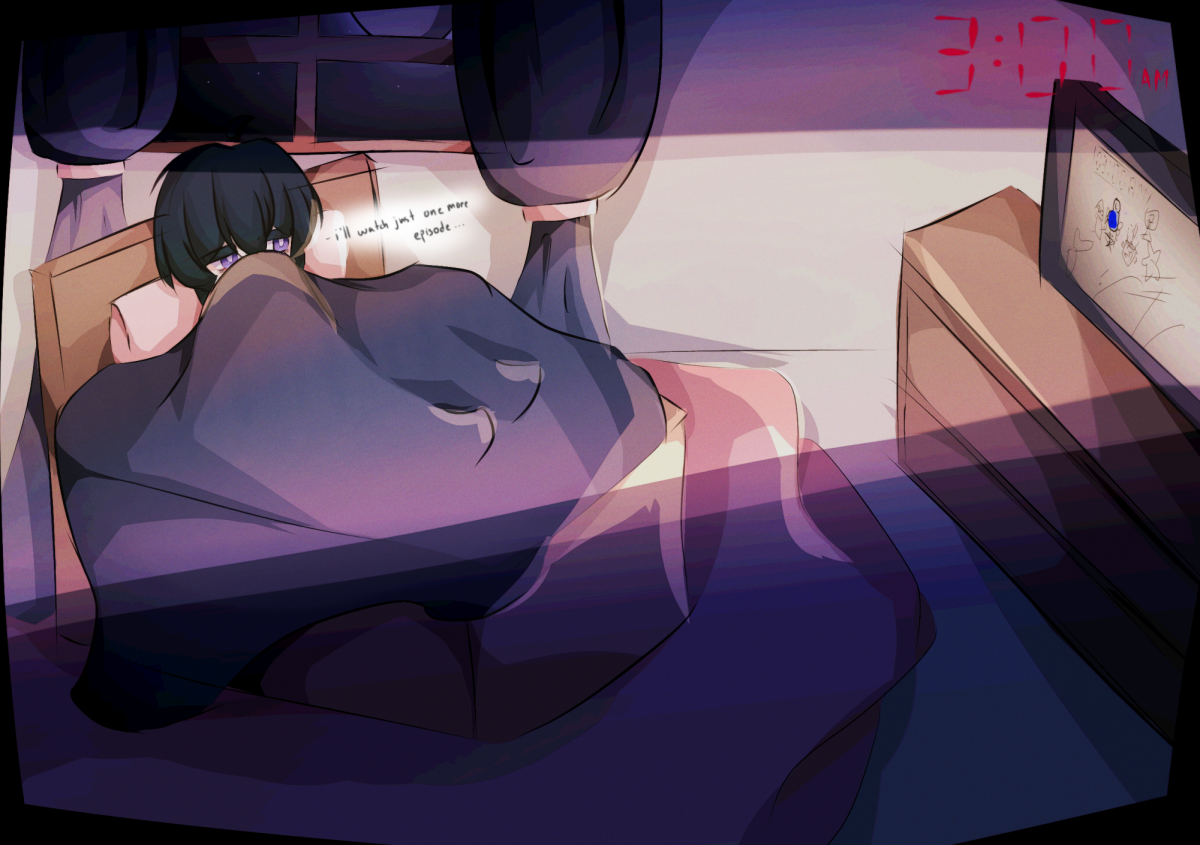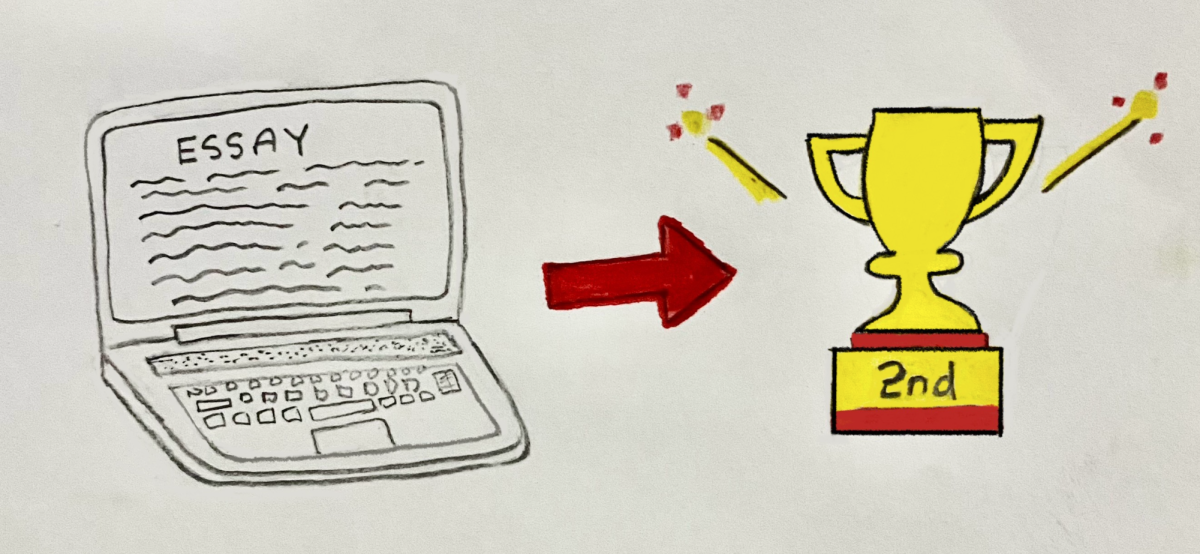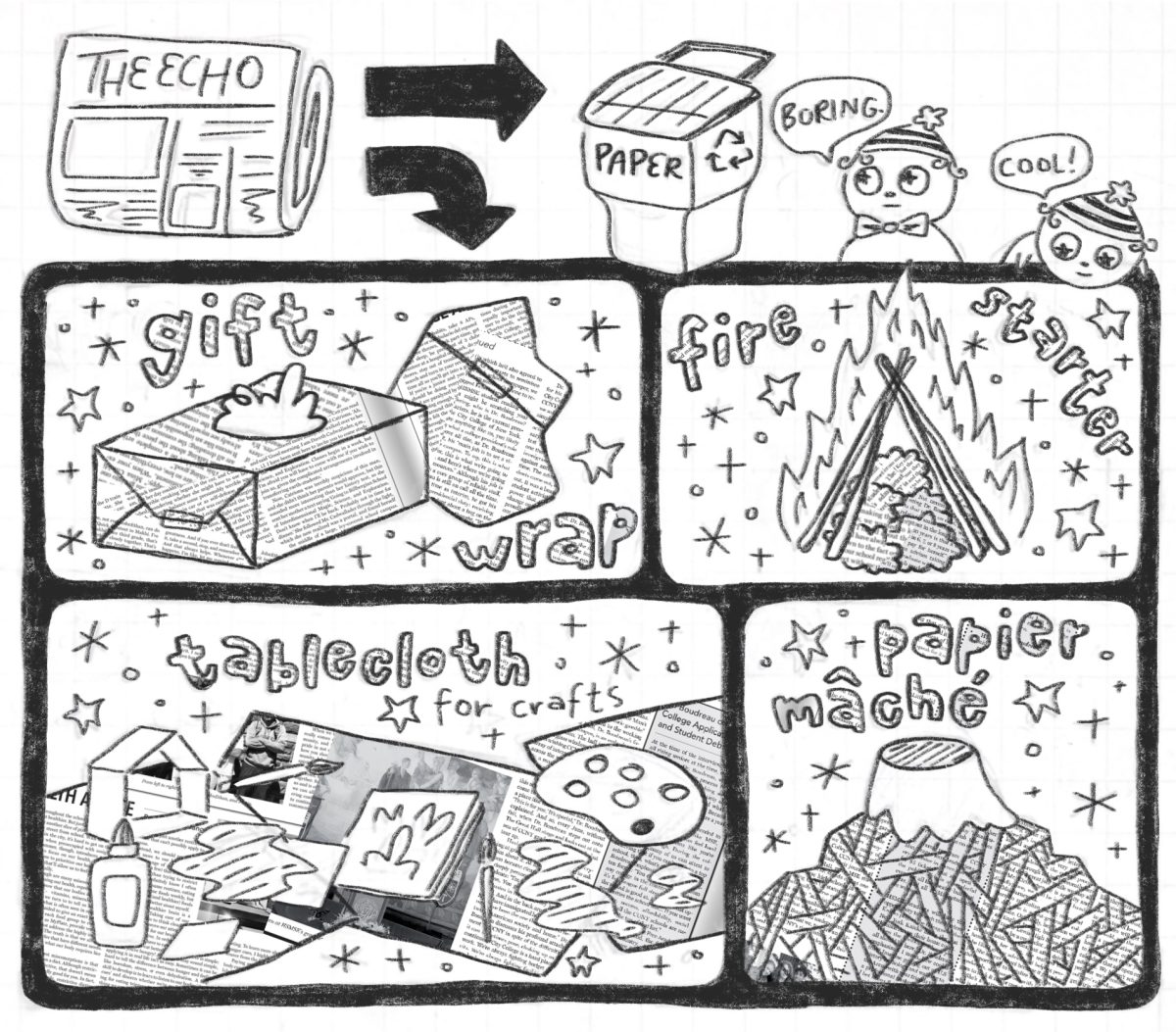A student finishes reading their copy of The Echo, decides against hoarding yet another copy in their room, and instead does what they think is the most eco-friendly option: they recycle their paper. The newspaper is then picked up by the Department of Sanitation and brought to a recycling center in Brooklyn, which sorts the paper recycling into different paper types. However, in transit, the student’s newspaper becomes contaminated by their neighbor’s recycled pizza box, covering the paper in grease. Paper contaminated with food cannot be recycled because the paper fibers become weakened to a point where they cannot be turned into a new product. Due to this the recycling plant will refuse the paper and send it to a landfill where it will slowly decompose and pollute the environment. So, what should the student have done instead?
According to NYC.Gov’s 2023 Waste Characterization Study, about 15% of all recycled paper is contaminated and has to be refused, amounting to 25.4 pounds of recycled paper per household being taken to landfills each year. While composting can be a great alternative (especially since it is now mandatory in NYC), it is not recommended to compost recyclable paper and cardboard. Although composting is a great option for food waste, recycling paper directly limits the amount of trees being cut down and is more beneficial for the environment.
So, if recycling is not the best option, what about the other 2 R’s—Reducing and Reusing? While reducing can be great, it is impossible to eliminate all paper products, such as newspapers. However, there are many ways students can help reduce the amount of paper their household is using, such as: switching from paper towels to reusable cloths, checking out books from the library instead of buying new ones, and reusing notebooks if you didn’t use all the pages last year. All of these relatively simple tasks will help our environment!
So, what should you do with your finished copy of The Echo? Use the final R, Reusing! There are many ways to reuse your newspaper: you can use it as wrapping paper the next time you give someone a gift, use it as a coffee filter, place it down to protect your table when you do arts and crafts, as a fire starter the next time you go camping, to make a papier mâché craft, to protect glass while in transit, to create a collage, and much more. And if you truly desire, you can hoard every copy in your room, rereading them over and over.
